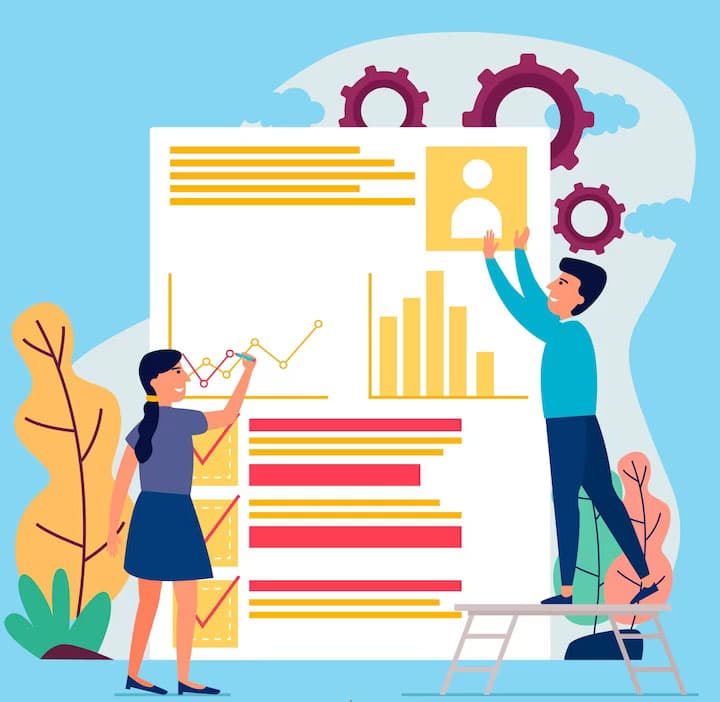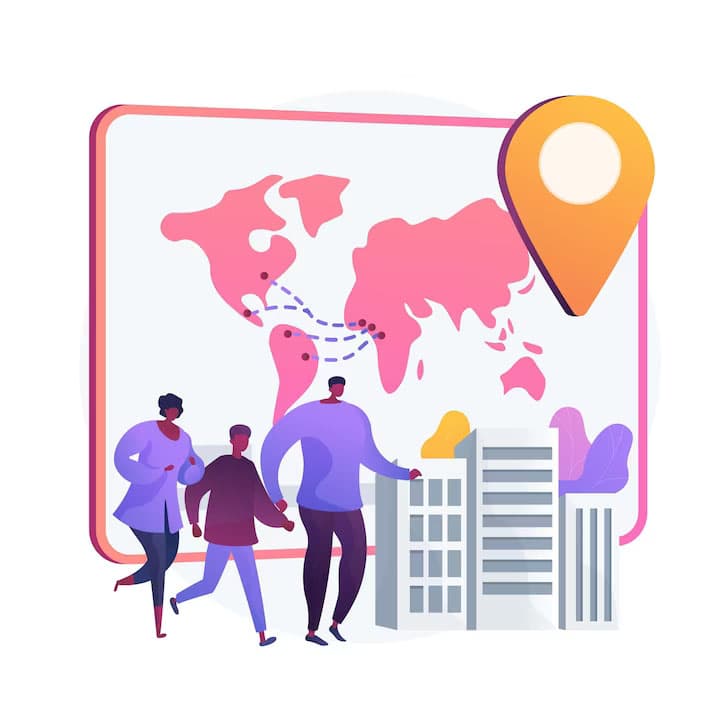
Content Enrichment
With changing user habits and expanding mediums in which content could be consumed, the need for enrichment—adding abstracts, keywords, and indexes for ease of reading and search engine optimization, accessibility, interactivity (embedding responsive multimedia components), repurposing, and adaption—has been growing exponentially.
While we are open to all sorts of assignments in this category, the following are the services we specialize in:

Abstracting and Indexing
Understanding the objective of the final product and applying the best comprehension skills to pick out the right words and sentences to construct the most appropriate abstract and index is key to effective content publication. It provides readers with a window for a quick glance through the content and quick access to essential information based on which they may determine whether or not to read the entire content.
Our SMEs from various disciplines of STM and humanities work to provide abstracting and indexing services for all types of publications, both online and print.
Our indexing services include a wide range of back-of-the-book or journal indexing services such as analytical subject indexing, keyword- or taxonomy-based indexing, author or name indexing to SEO-based keyword generation, and maintaining large databases and thesaurus, among others.
Anchoring of index terms for precise cross-referencing and generating auto-page locators make our indexes dynamic and save immense time in case the content were to reflow.
Accessibility
Making content accessible is essential not only for legal compliance but also for creating an inclusive digital environment and promoting equal access to information, services, and opportunities for all users regardless of their abilities.
We offer accessibility services for primary and legacy content, including alt-text writing. Our workflow is designed to incorporate accessibility into primary content right from the early stages of production, avoiding the need for a separate step later.
Content accessibility offerings typically involve a set of guidelines, standards, and best practices that aim to make digital content more inclusive. These practices enable publishers to reach a wider audience and improve the overall user experience for everyone.
Some common components of document content accessibility include:
- Proper structuring of content using headings, lists, etc. to ensure compatibility with assistive technologies like screen readers.
- Adding alternative text (alt text) to images and providing transcriptions for embedded audio-video content.
- Considering color contrast ratios to provide clear visual cues for people with color vision deficiencies.


Adaptation and Localization
Localization involves more than just translation; it also includes adapting the product or service to the cultural, social, and linguistic norms of the target market.
We offer services to build new products from existing ones such as reforming or reorganizing chapters, sections, videos, images, and supplementary content from published books or magazines for the target audiences.
There are several steps involved in the localization process once the content has been translated and edited. Some of them include:
- Adapting graphics and images to fit cultural norms
- Adjusting the layout or design of the content to match local preferences
- Adding local contact information and links.
We engage our partners in respective geographies to offer one-stop solutions to our clients including translation and editing of content to local languages.



